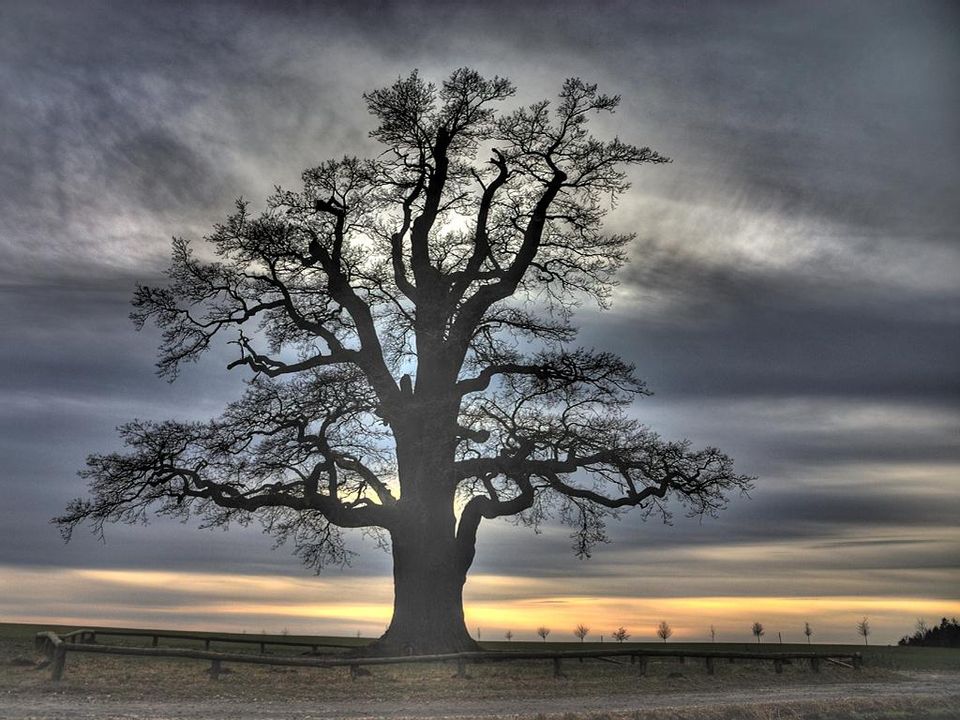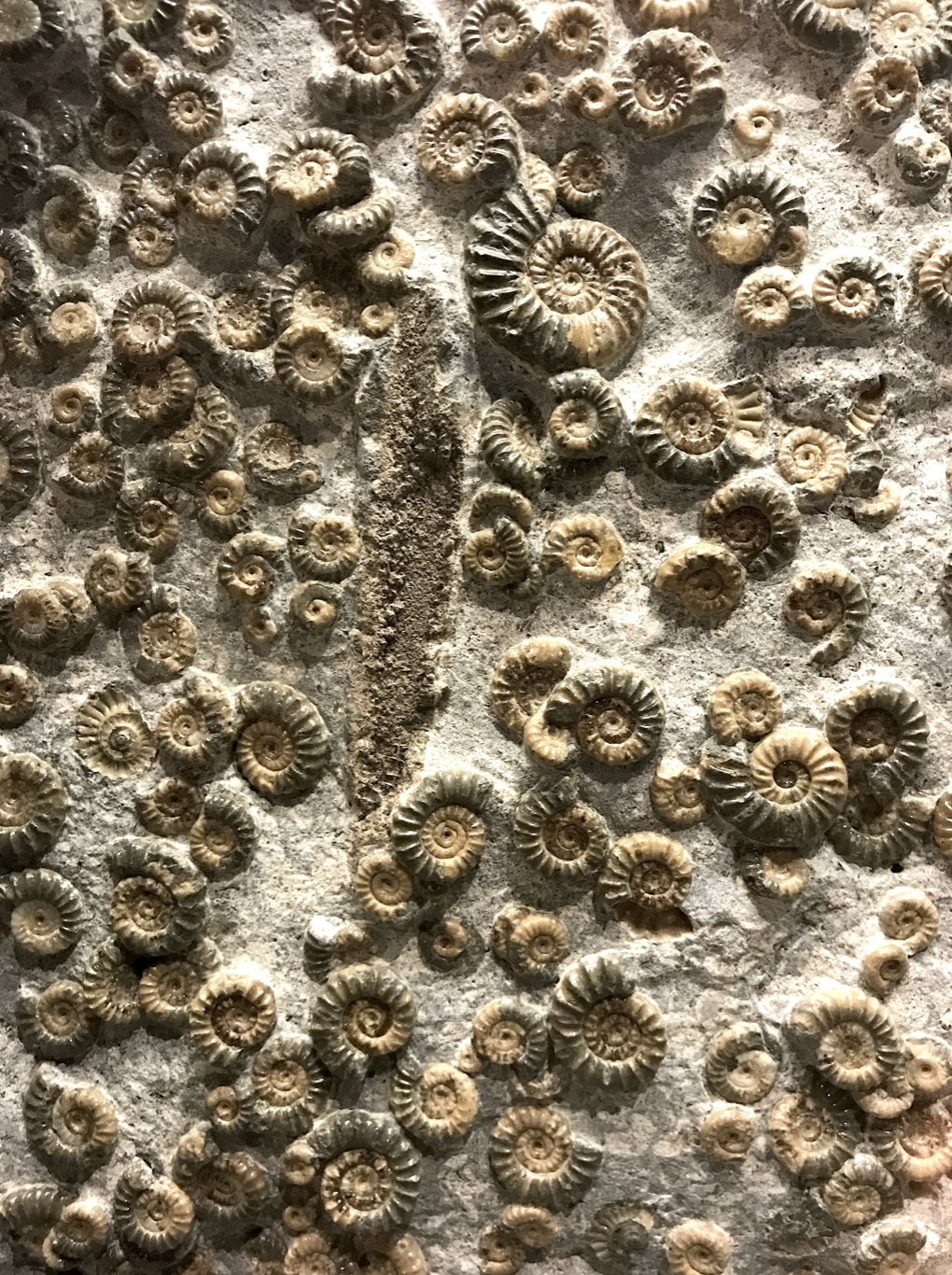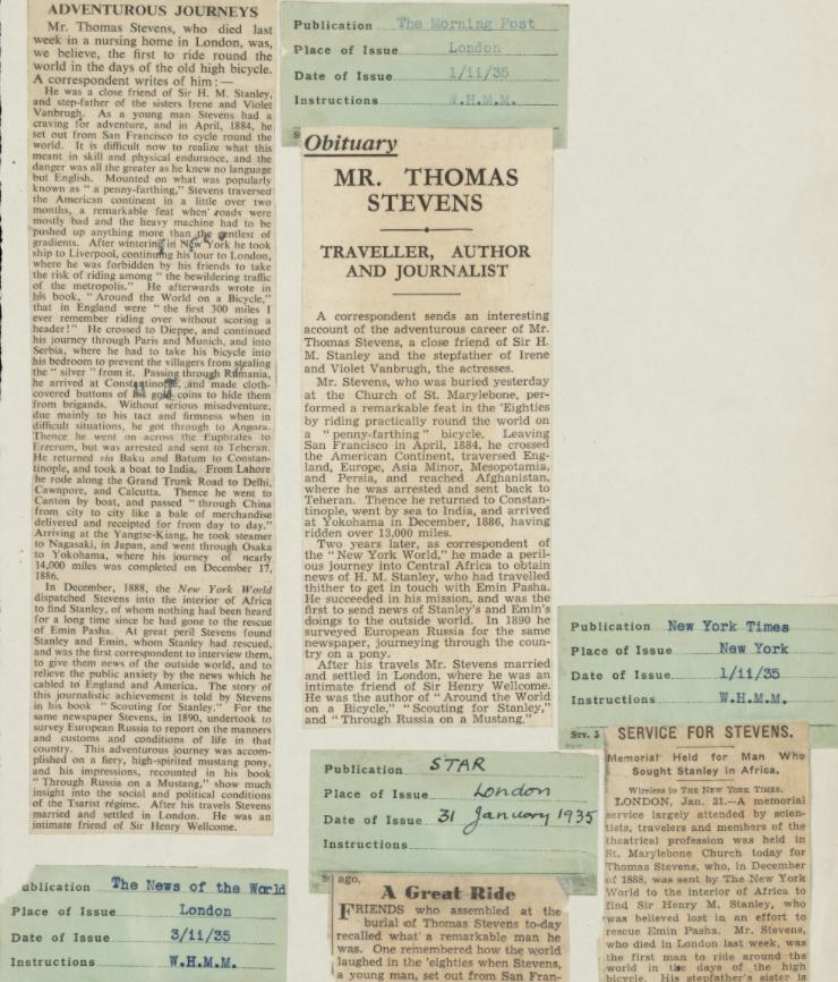My nephew Jude was stillborn. The diagnosis came early in the pregnancy: an extra chromosome written into the genetic language would lead to, among other maladies, a terminal heart condition. A period on a sentence still being thought. Yet. Inside the womb, Jude was vibrant, strong even. I felt him kick my hand through my sister-in-law’s stomach. The reality of that touch was difficult to reconcile with the doctors’ predictions. The doctors had stories, narratives built from a battery of tests and data, but I had flesh upon flesh.
Actually, I had hope of flesh. But that was not my first response. My first response was to keep my mouth shut, so I didn’t say something cruel and dark and true. My silence lasted the whole pregnancy and is only ending now as I write this a year later. After the initial phone calls, the family matriarch admonished us to pray, to build a counter-narrative to the doctors’. But there was no story I could muster that seemed honest, and no one allowed discussion that the doctors might be correct. The family instead decided to host a baby shower for a baby the doctors said would never arrive. Speak and act as though he will live. So I was quiet as not to speak otherwise.
I have witnessed talk like this in my life. When I was six or seven, my uncle was diagnosed with ALS, or Lou Gehrig’s disease which withers all voluntary muscles and is terminal. He was a carpenter and an athlete. He had two sons my age that he, no doubt, anticipated raising (and wrestling with). At Thanksgiving he had adopted a walker; by the new year he was in a wheelchair. Within six-months he was speaking through a computer like Stephen Hawking, then the muscles in his fingers could no longer click the mouse. Finally, when the voluntary sheaths of his diaphragm atrophied enough that he couldn’t breathe, the doctors cut a hole in his trachea and forced air in with a ventilator. He lived for about ten years completely immobile except his eyes. The fact that he survived so long is a testament to the undying devotion of his wife.
Congregants from their church often visited to prophesy healing. I would hide in the hallway and peer into the living room as grown men danced and sweated and shouted in what I was told were the “tongues of angels”: I bind thee, amyotrophic lateral sclerosis. Medical terms haunt the lexicon of tongues. Well-meaning people took up offerings and sent the family to Benny Hinn events because he reportedly healed the infirm. I know that seems outlandish for people of my generation, and maybe I enforce that sensibility when I use words like “reportedly”; but Dear Skeptic, let me ask you what you would do if it were your spouse and the best medicinal practices offer one result: death?
I hope I would not remain quiet.
That sounds an awful lot like the atheist’s cold dismissal of religion: if you must comfort yourself with belief…
I am unsettled with my own statement.
When my sister-in-law went into labor with Jude at full-term, my wife and her sisters caravanned the two-hour journey, forwarding a string of text updates: she’s progressing; she’s pushing; she’s here…he’s gone.
Then, on a hot summer morning, at a cemetery in Lubbock, Texas, my brother-in-law eulogized his son whose life on earth was briefer than his own birth. He was not afforded the opportunity to be silent. His story was succinct: Jude wins. A name and one action.
His sentiment has precedent. In Cormac McCarthy’s Suttree, the protagonist ponders his twin brother who died at birth:
“…whatever be left of the child with whom you shared your mother’s belly. He neither spoke nor saw nor does he now… we were like to the last hair. I followed him into the world, me. A breech birth. Hind end fore in common with whales and bats, life forms meant for other mediums than the earth and having no affinity for it. And used to pray for his soul days past. Believing this ghastly circus reconvened elsewhere for alltime. He in the limbo of the Christless righteous, I in a terrestrial hell.”[1]
In Suttree’s eyes, his stillborn twin won the better lot in life by having no life at all. I don’t think my brother-in-law intended to imply such a harsh distinction between his son’s destiny and ours: we, grieving our hell-on-earth, the smell of sulphur staunch in our nostrils, driving us on to death where our yoke will be broken and we, too, finally win.
But Job was explicit:
“Why did I not die at birth,
come out from the womb and expire?
Why did the knees receive me?
Or why the breasts, that I should nurse?
…Or why was I not as a hidden stillborn child,
as infants who never see the light?
There the prisoners are at ease together;
they hear not the voice of the taskmaster…
Why is light given to him who is in misery,
…who longs for death,…and digs for it more than hidden treasures,
who rejoices exceedingly and is glad when he finds the grave?”[2]
I know: Job’s story ends well; although, I’m fairly certain that in his old age lounging among his restored riches, his three beautiful daughters would gather at his feet and ask him about the horrific scars on his face and arms. Did he reply, “Those were boils burst open, pustules scraped with potsherds, and I begged for death.”
My nephew’s eulogy was a short, declarative sentence. A subject and predicate. The word “predicate” means “to assert”; therefore, by way of grammar, Jude asserted himself upon the world. Predicates are the summary of action, initiated by the verb, and as any writer who’s been through a workshop can tell you, meaning exists in the verbs and breeds in the action. Jude wins. To tease out the meaning of that sentence: Jude’s death asserts that life-to-come is to be preferred to life-on-earth.
I don’t disagree with that, necessarily. But it sure casts a pall over life here. Again, that was not my brother-in-law’s intention, and I don’t want to place too much scrutiny on a father’s words in that position, but I am a father of the living, and my sons will gather at my feet and ask about my scars, and I cannot be silent as I have been. I need words that are honest and good and true, and which sow my sons’ eyes to see a life that is beautiful, whether it be on-earth or to-come; that all life is an assent and ascent; to wake and to climb, in C.S. Lewis’ imperative, “higher up and further in”.
Yet I cannot muster the words.
For sure, there are words that I can muster. I have an English degree. I teach language arts. I own and use several dictionaries. But there are great spaces of time in which I become despondent, for like the lying prophets Jeremiah decries, I have prophesied words and filled myself with hopes that rotted to vanity, and spoken visions from my own mind which turned dark. Small ruins have come upon me because of my words. And I know that I know, that my heart, that well-spring of words, is deceitful and desperately sick. I do not trust my words, but I am found in the position of needing words to say.
Where does one begin then, but in the beginning? In the womb.
“Before I formed you in the womb I knew you,” says God to Jeremiah. By the way, this comes years before Jeremiah writes the famous letter to his captive countrymen in which God describes “the plans I have for you”; in fact, years before Jeremiah mourns his own birth: “Woe is me, my mother, that you bore me, a man of strife and contention to the whole land!”
“I knew you,” says God at Jeremiah’s calling in Chapter One early in his life, when the prophet first becomes capable of understanding God’s call in the form of words. “Behold, I have put words in your mouth,” continues God. Words that both “pluck up and destroy”, but also “build and plant”. He displays an almond branch for Jeremiah to see, and the seer names it true; then God forms a boiling pot, and Jeremiah is flooded with the vision of disaster.
Both visions of this life, my sons, are true. Our sentences, God willing, are long and rife with action that could not be contained in books: where you are destroyed, you will be planted; where you are born bloody and cast off, you will be found and nurtured; when death breeches your door and your soul abandons to the grave, then may your flesh dwell in hope and your bones thrill with pride at the voice of the one who named you. Name what is shown you, and name it true.
[1] McCarthy, Cormac. Suttree. First Vintage International Edition, 1992.
[2] Scripture quotations are from The Holy Bible, English Standard Version (ESV), copyright 2001 by Crossway, a publishing ministry of Good News Publishers. Used by permission. All rights reserved.




